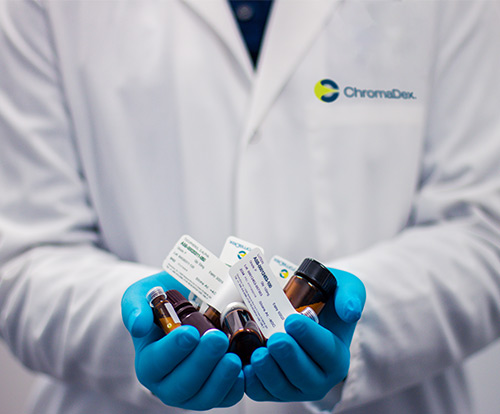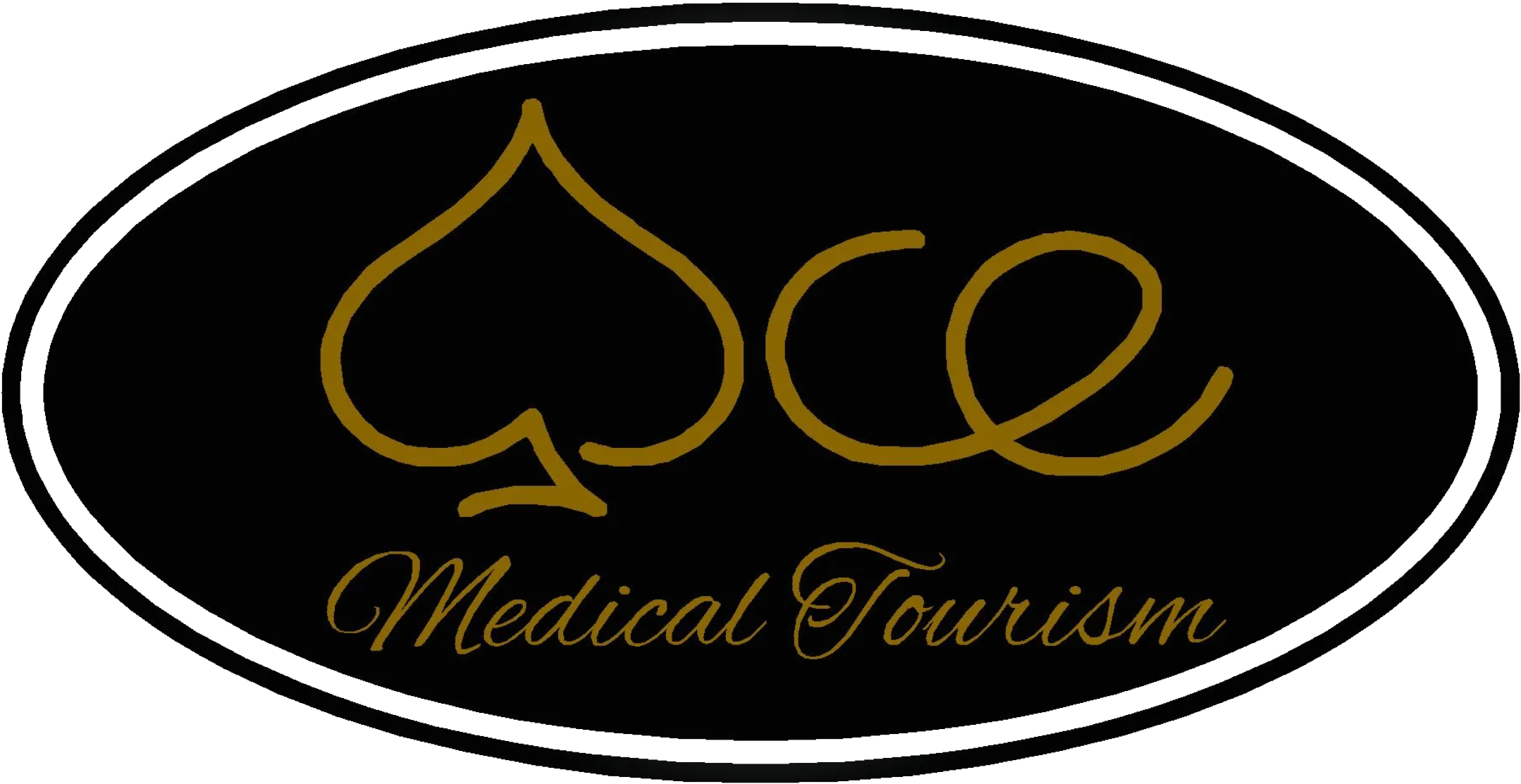
When to Resume Alcohol After Surgery
(1) The lethal combination
My main concern for patients is the lethal combination:
Pain medications (oxycodone, morphine, etc.),
Alcohol,
With or without anxiety medications (xanax, ativan, temazepam).
Famous celebrities have died from similar drug cocktails. I never want to see this in a patient after surgery.
(2) Bleeding risk
Alcohol can predispose to easy bleeding after surgery. This can increase the risk of surgical bleeding, a serious complication. No one wants to have a second operation to fix preventable bleeding complications.
(3) Infection risk
Alcohol can weaken the immune system. This can be harmful after surgery because your body needs the immune system to fight infection in your fresh surgical wounds. Alcohol’s effects on your lungs can also predispose you to pneumonia after surgery. Unfortunately, general anesthesia also predisposes your lungs to infections like pneumonia. This is like a double
hit to your lungs.
(4) Wound healing and scars
Alcohol can disrupt you body’s ability to heal wounds. Poor wound healing can lead to unsightly scars. This is all the more important for scars in visible places. Think plastic or cosmetic surgery, or abdominal surgery. Alcohol may also worsen swelling after surgery.
When to Resume Alcohol After Surgery
Always ask your doctor when it is safe to drink alcohol after your specific operation. Given alcohol’s effects on scarring and infection, you want to wait until your body is done healing.
You also never want to mix alcohol with pain medication as it can be lethal.Some patients may use alcohol for anxiety. It’s important to control anxiety after surgery, but there are much safer alternatives to alcohol, especially around surgery.

Leave a Reply